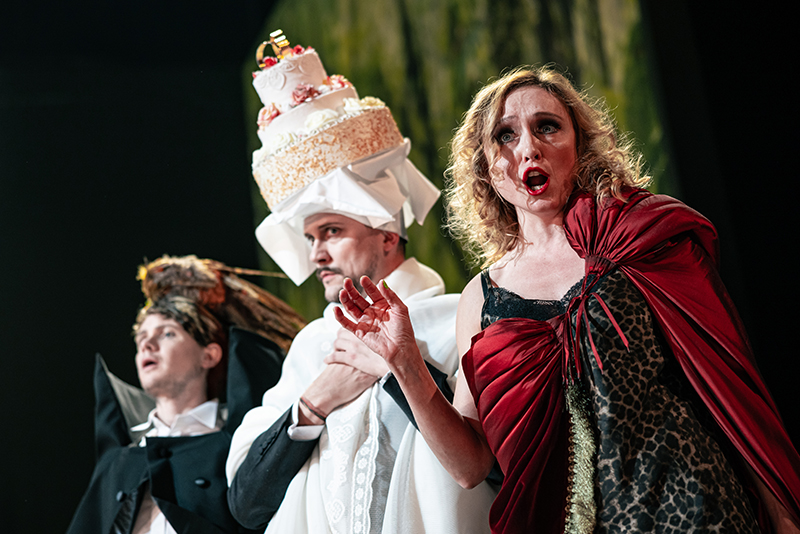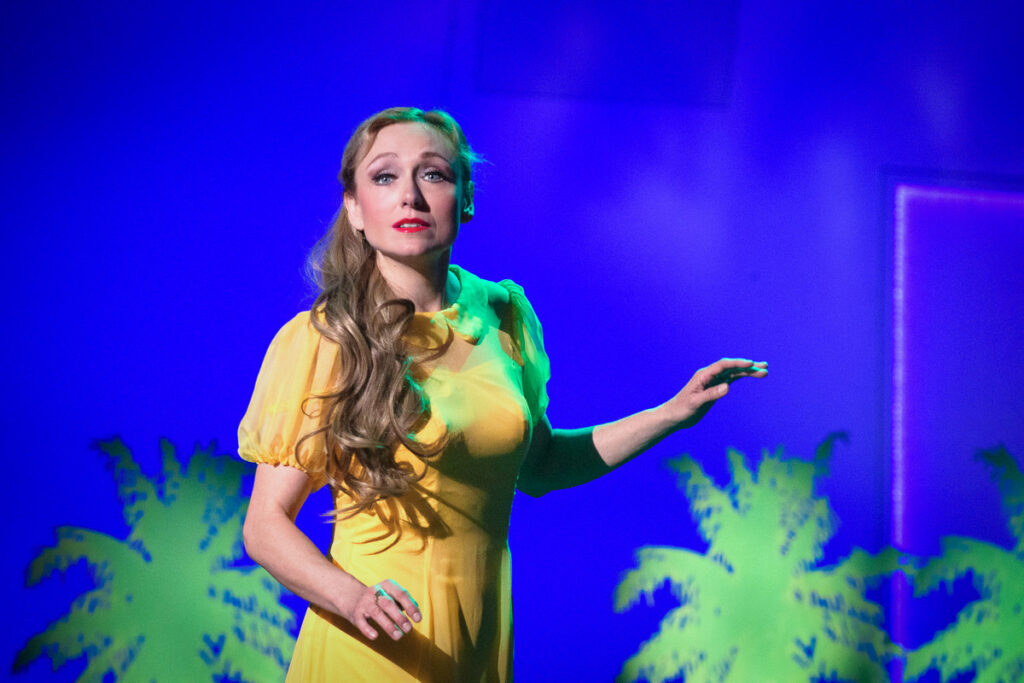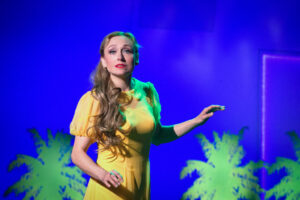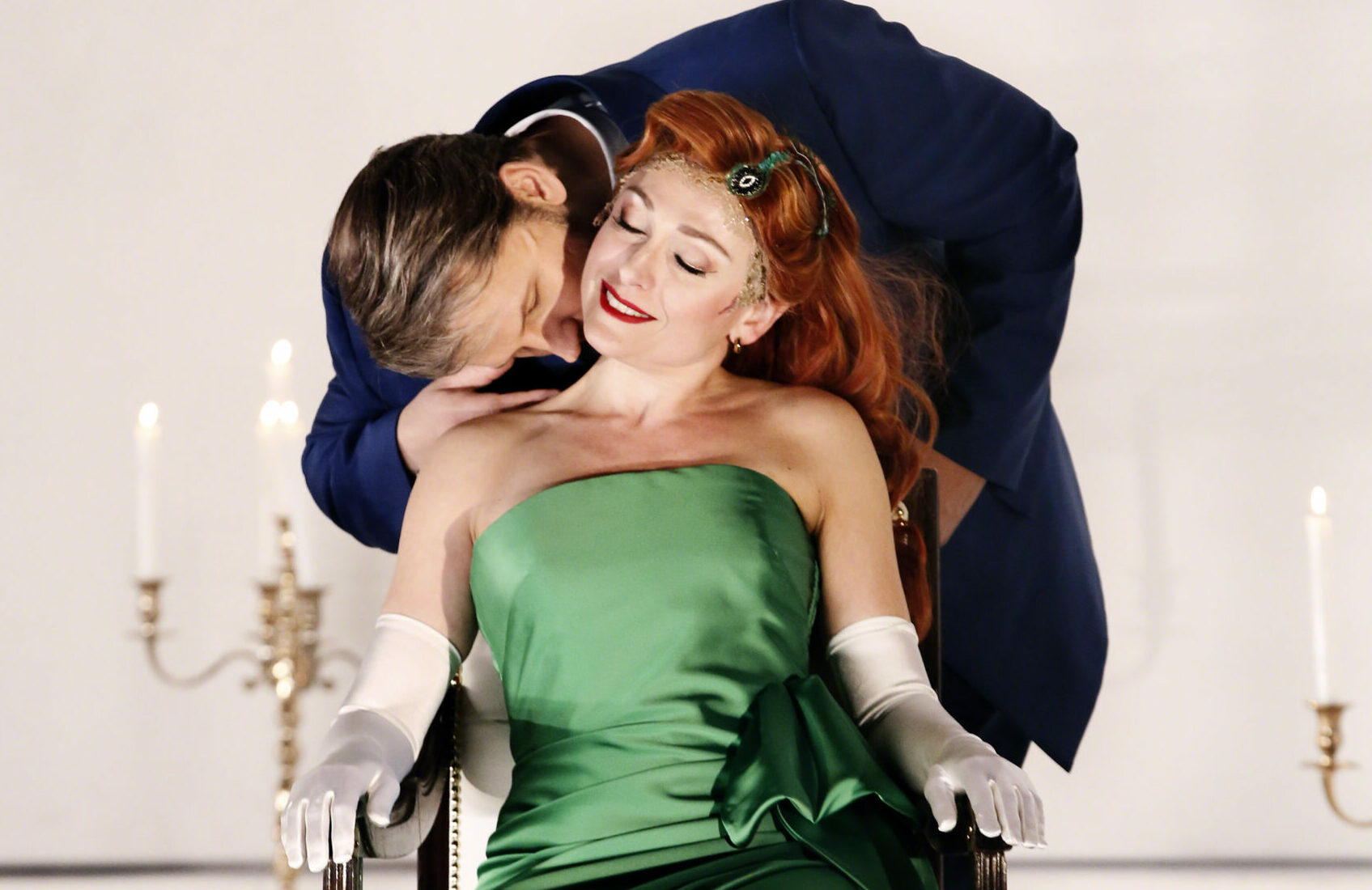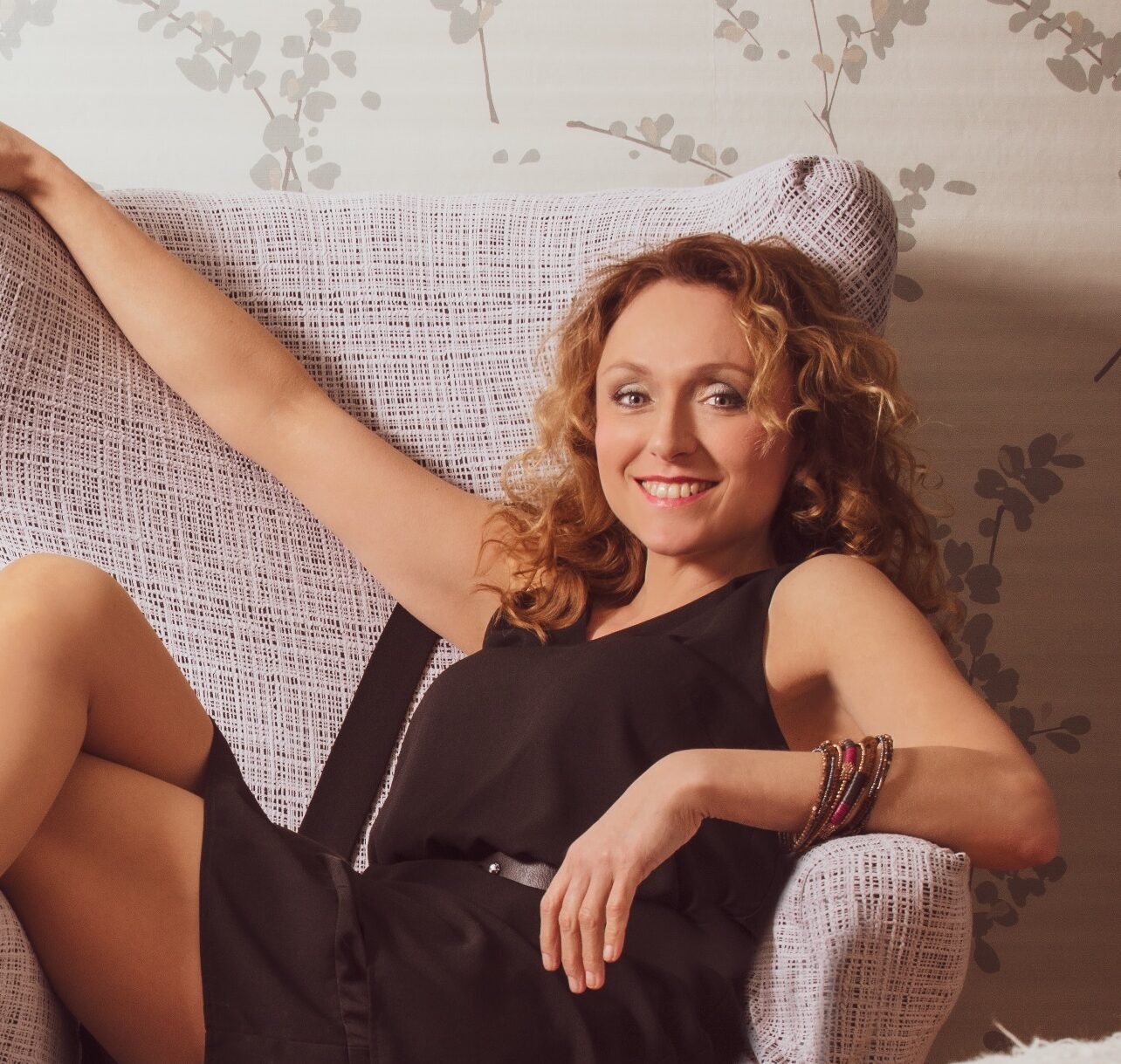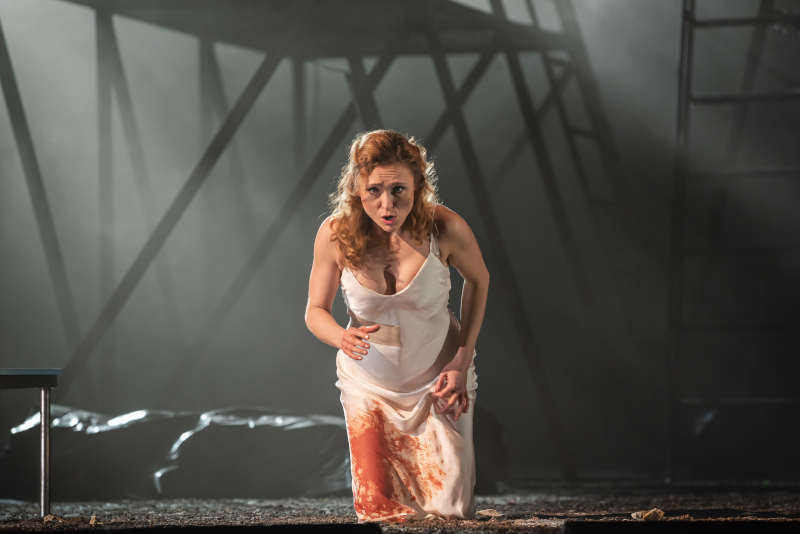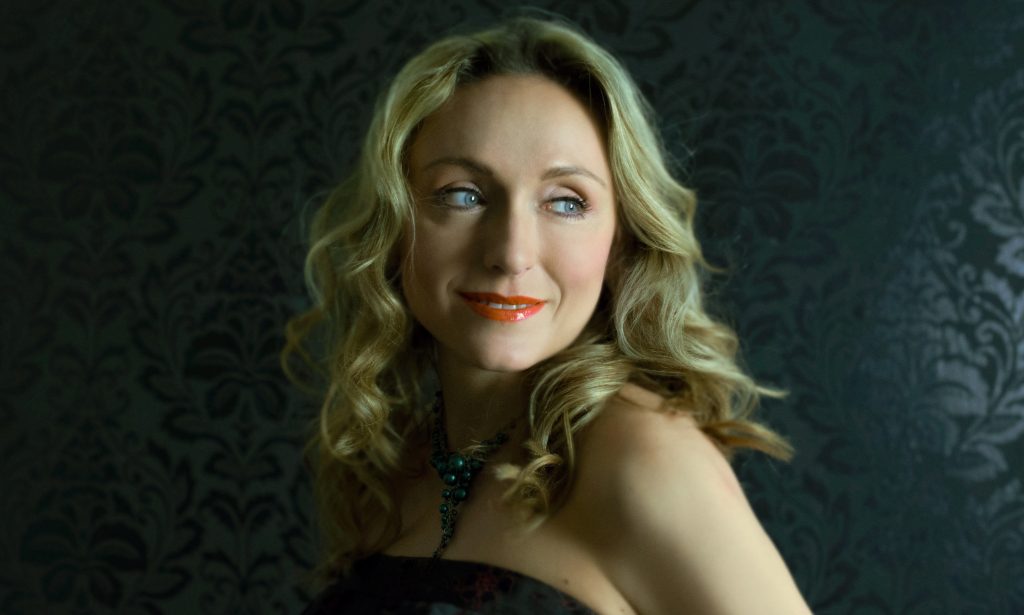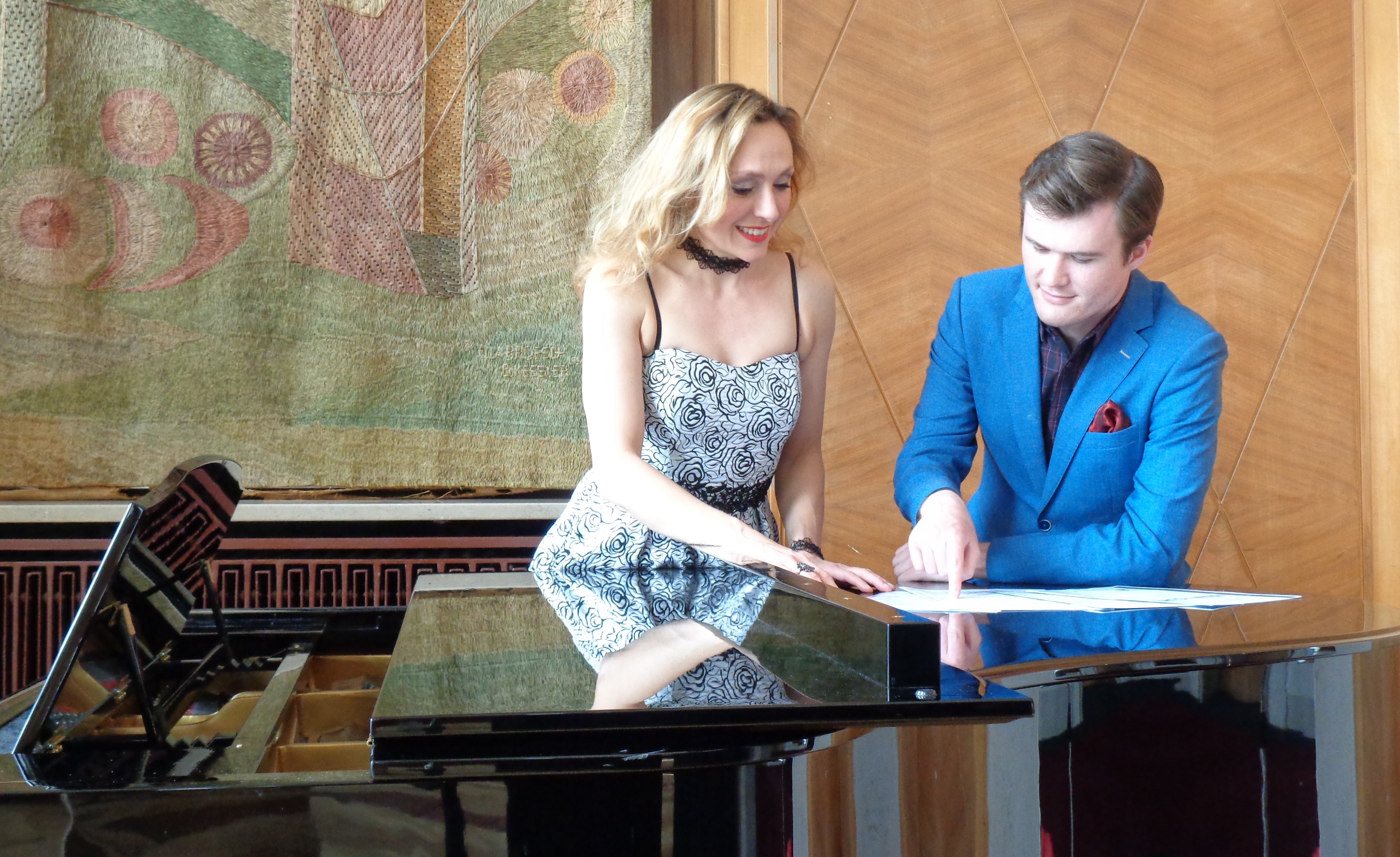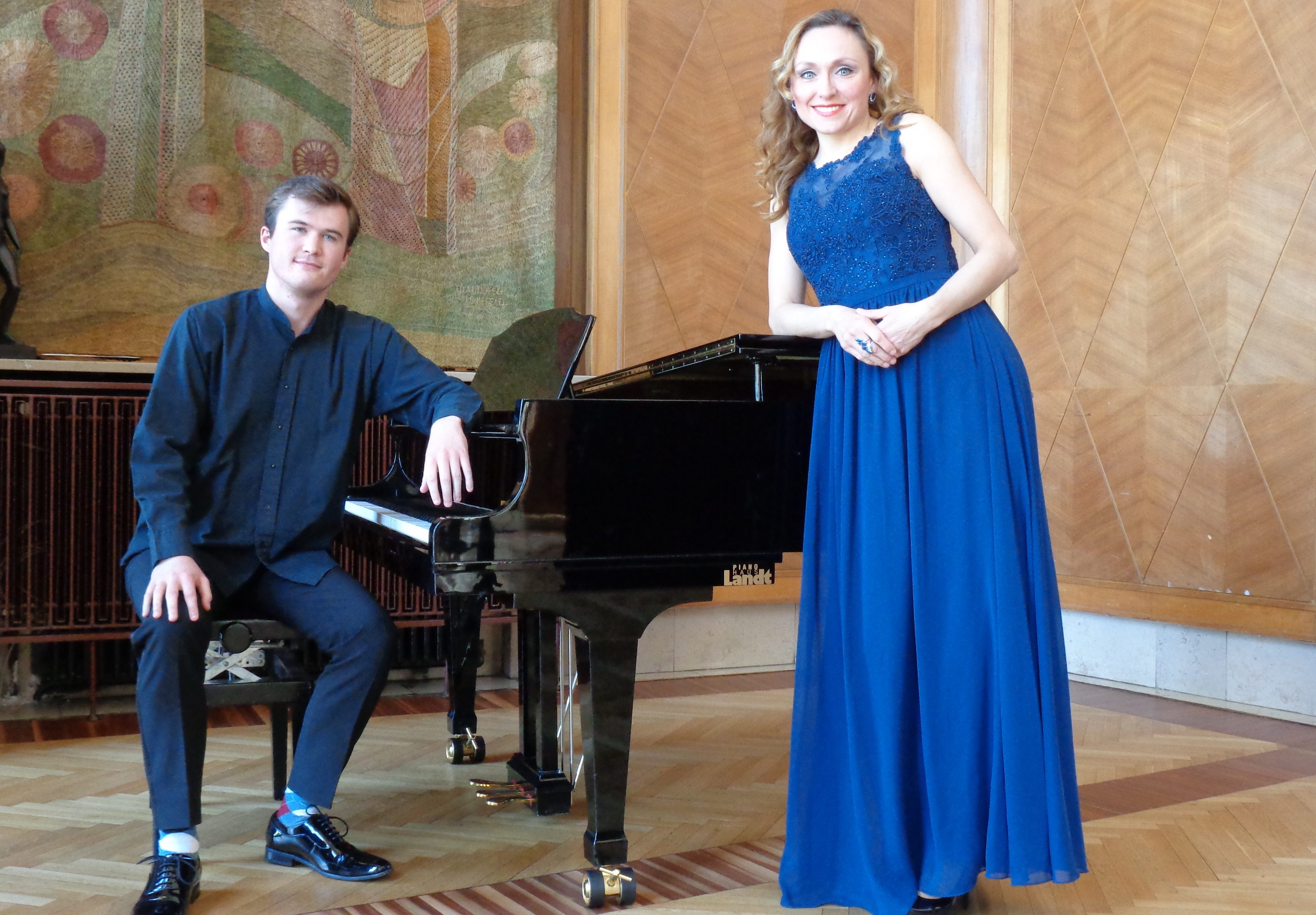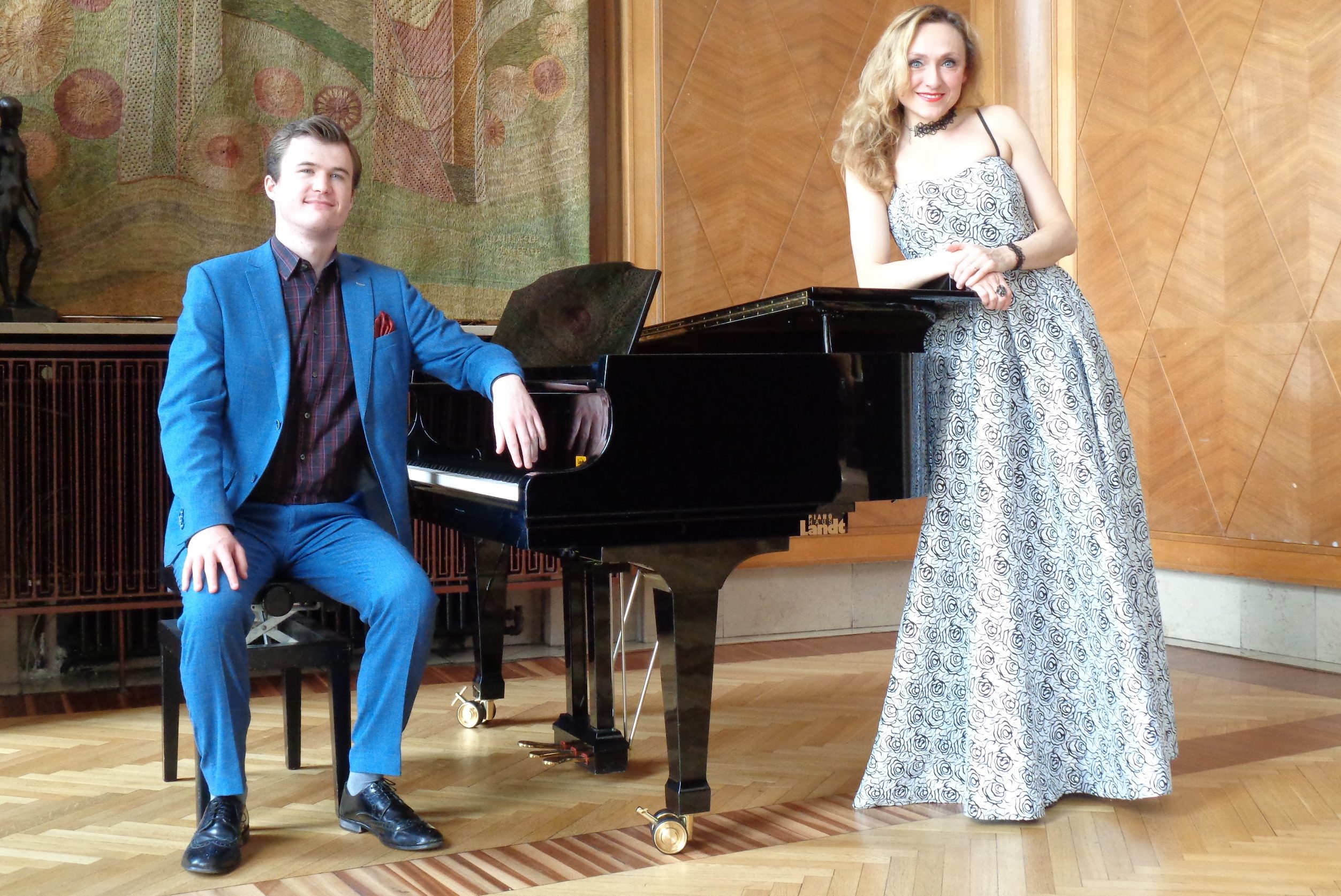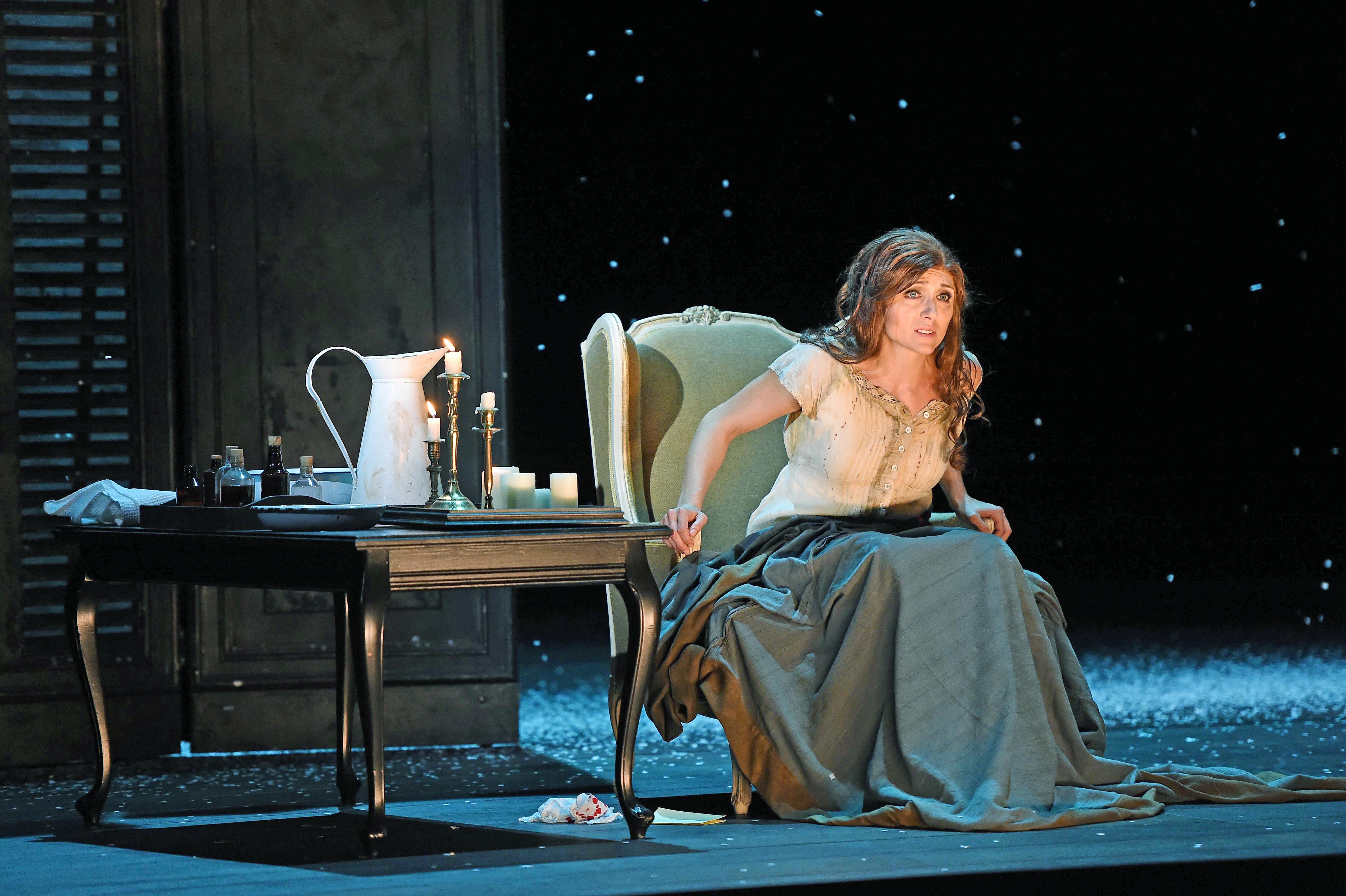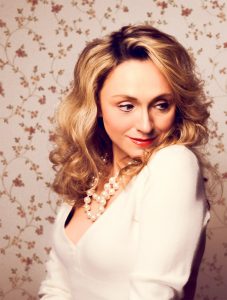Sensory overload would be an accurate way to describe the revival of Jean-Philippe Rameau’s Platée at the State Opera in Prague, though it doesn’t quite capture the visual onslaught of the production. Baroque opera was never so wild… nor such confounding fun.
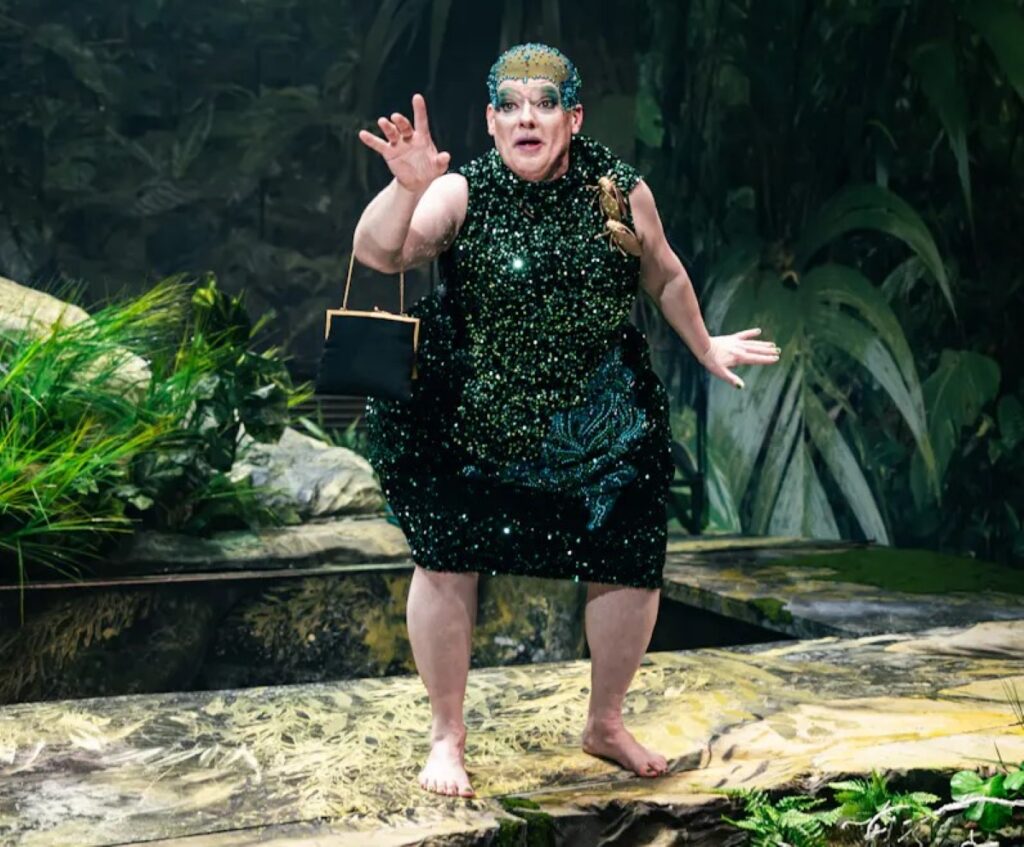
The title character is an ugly nymph who is led to believe that Jupiter, king of the Roman gods, is smitten with her and coming to her swamp for a tryst. Concocted by Cithéron, an earthly king who has been fending off Platée’s advances, and the god Mercury, the ruse is designed to help Jupiter get his nagging, suspicious wife Juno off his back. Other gods and personified forces like Love and Folly join the deception, which ends with Jupiter and Juno happily reunited and Platée a disillusioned, brokenhearted mess.
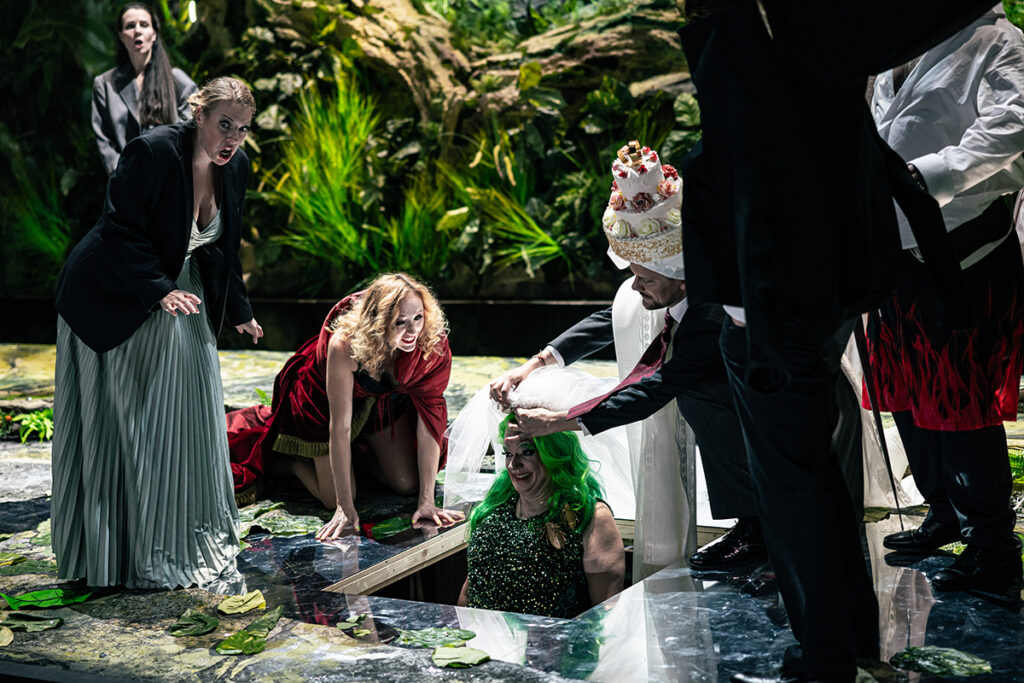
All of which would fly apart without a solid cast to anchor the production. Dutch tenor Marcel Beekman held center-stage most of the night playing Platée as a drag queen, the ultimate trouser role (if nymphs wore trousers). His voice was sharp and his tone sardonic, setting the prevailing mood onstage. Tomáš Šelc (Satyr/Cithéron) and Ruairi Bowen (Thespis/Mercury) portrayed persuasive cynical schemers, and Olga Jelinková (Thalia/Folly) was a spitfire, especially once she got hold of Jupiter’s lightning bolt. Lukáš Zeman (Momus), Pavol Kubáň (Jupiter) and Michaela Zajmi (Juno) brought a measure of gravitas to their roles (albeit with tongue firmly in cheek), no small achievement when you’re saddled with silly props like, for example, wearing a cake on your head
(bachtrack.com , By Frank Kuznik, 25 November 2024)

